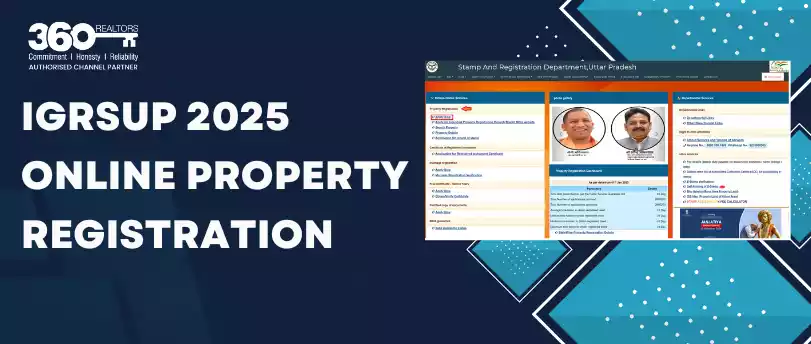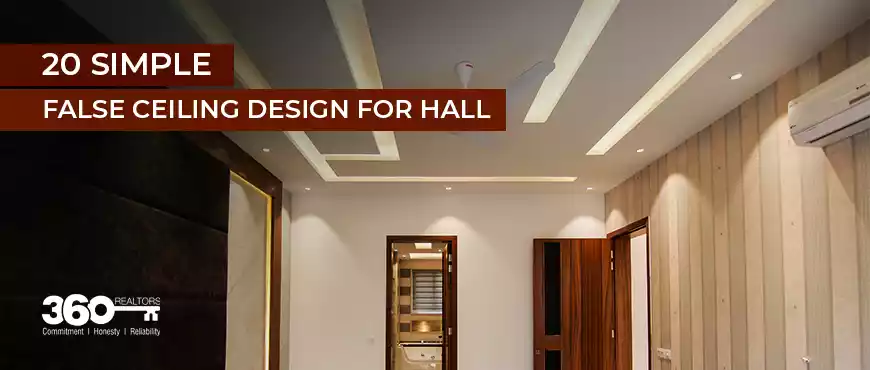Senior Housing is the latest buzzword as the elders wish to have specialized accommodations in order to match their specialized needs. The housing sector NCR comes up with a plenty of options as the real estate companies are making efforts to come up with such projects.
In tune with the changing requirements and societal norms, the trend of senior living communities is gaining popularity in India. If you are a senior and are looking for an apartment in a community where you can find like-minded people to make you feel comfortable, senior housing is what you probably need. The needs and requirements of the seniors vary widely depending on their health, age, and financial status. There are different types of senior houses exclusively designed to match the varying tastes, requirements, and budgets.
Senior Housing in literal terms refers to the homes that cater to the needs of people above a specific age and in a specific manner. As specified by Housing for Older Persons Act (HOPA) and FHA, the occupants should be 55 years and above or at least one person living there above 55 years.
As per the Industry body PHD Chamber, the government in order to boost senior housing in India should facilitate easy finance option and land availability to private builders and should also offer incentives for the same. The centre should set up a senior housing regulatory body and invite genuine stakeholders to participate and promote transparency in it. A single window mechanism should be developed for the builders taking initiative to develope such projects.
The real estate developers need to be motivated by offering them profitable frameworks and lucrative investment options in order to encourage participation in this sector. Subsidies, tax incentives, easy fiancé options and large land parcels are a few options.
There is a huge variation in the average price of these projects across the country. While a 1-BHK apartment ranges from Rs 25 lakhs to Rs 40 lakhs, a 2 beds residence varies between a price of Rs 40-80 lakhs and a 3BHK unit falls in the price bracket of Rs 80 lakhs to Rs. 150 lakhs. However, price rationalization is required taking into consideration the senior citizens.The government should also think of zoning of land for senior living.
Owing to the favorable framework of the country, the size of this sector is expected to touch a mark of $7.7 billion by the year 2030, as compared to $1.26 billion in 2016. Around 20% of the developers in the country are operating these projects for 7 years and above, 25% for around 5-7 and 1-2 years, and around 30% for about 2-5 years.
The Delhi-NCR Real estate and other big cities like Hyderabad, Bangalore, Chandigarh, and Mumbai have emerged to be favorable retirement destinations in India.
Different developers offer different models for senior housing projects. Around 10% builders give you the option of pure rent model, 30% come with lease deposit model and nearly 60% offer complete sale model.
High marketing costs, lack of skilled manpower, social stigma, and lack of awareness and affordability are the challenges faced by this segment in India.
The estimated share of the elderly population as against the total population of the country is expected to reach 23.6% in 2050, 12.4% in 2026, 10.7% in 2021, from 5.6% in 1961 and 8.6% in 2011.






